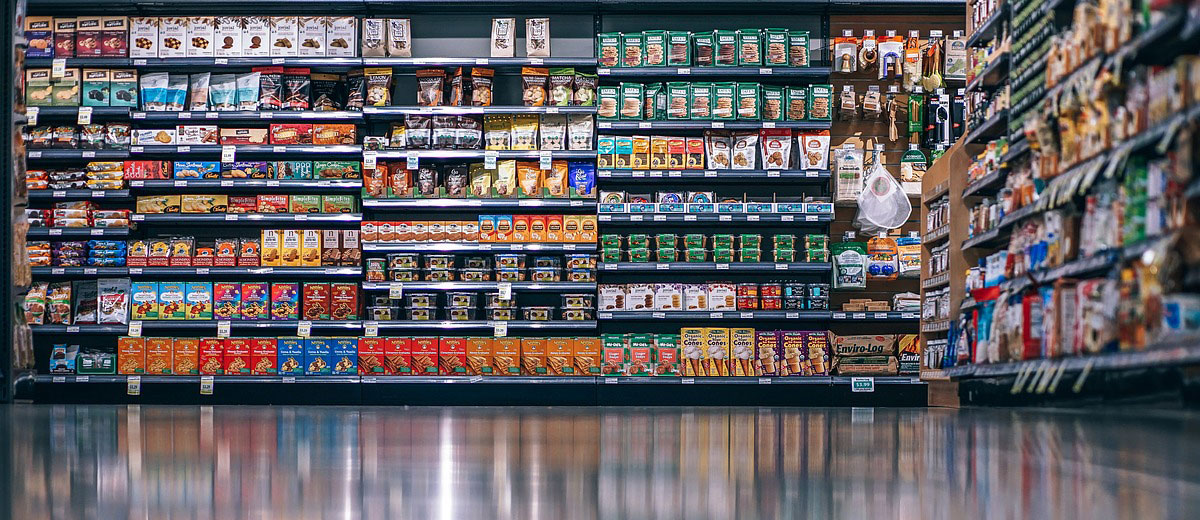
Food Prices Set to Rise in 2024
While Canadians anticipating improved food prices in 2024 may not witness an immediate fulfillment of their hopes, a recent report suggests potential savings at grocery stores as inflation subsides.
The 2024 Food Price Report, unveiled by Canadian researchers on Thursday, projects a 2.5 to 4.5 percent increase in food prices over the next year, a decrease from the earlier forecast of five to seven percent. This forecast aligns with the ongoing discussions at the House of Commons agriculture committee, where leaders of major Canadian grocery chains are addressing strategies to stabilize food costs.
Janet Music, one of the report’s authors, clarified in an interview with Global News that while not everything will become cheaper, the trajectory suggests a moderation in the overall expense compared to previous trends.
The report anticipates varying increases in food costs across categories, with bakery, meat, and vegetables expecting the highest at five to seven percent. Conversely, dairy and fruits are projected to experience the lowest rise, ranging from one to two percent. Restaurants are expected to see a modest increase of three to five percent, while “other” foods are predicted to rise about two to four percent.
According to the research, a family of four can anticipate spending up to $16,297.20 on average, reflecting an increase of approximately $701.79 compared to 2023. A two-adult household is expected to spend about $7,715.78, a mere $4 increase from the preceding year’s estimate.
This annual report, led by teams from Dalhousie University, the University of British Columbia, the University of Guelph, and the University of Saskatchewan, utilizes historical price data spanning the past 100 years to formulate prediction models. External factors such as global events are considered in crafting a comprehensive outlook for the upcoming months.
Music emphasized that the realization of these forecasts hinges on how much Canadian families spend and whether they adjust their food purchasing habits. The report notes a decrease in food spending compared to predictions, suggesting potential shifts in expenditure, potentially towards rising shelter costs.
The expected increases in 2024 come against the backdrop of a current food inflation rate of about 5.4 percent, as per Statistics Canada figures. Grocers have faced government pressure to stabilize prices, with a proposed grocer code of conduct in progress. Concerns have been raised by certain grocery chains about potential price increases, but the code is expected to be operational by the end of the first quarter of 2024.
While food inflation appears to be easing, the report acknowledges potential influencing factors such as the ongoing war in Ukraine, increased oil prices, and inflationary pressures from escalating conflicts in the Middle East. Additionally, climate change and energy costs are deemed highly influential, with their impact on food costs likely to unfold in the coming year. Input costs, geopolitical risks, and other variables may contribute to fluctuations, and while some costs, such as grain and transportation, have decreased, the overall effect on food prices remains to be seen.








































